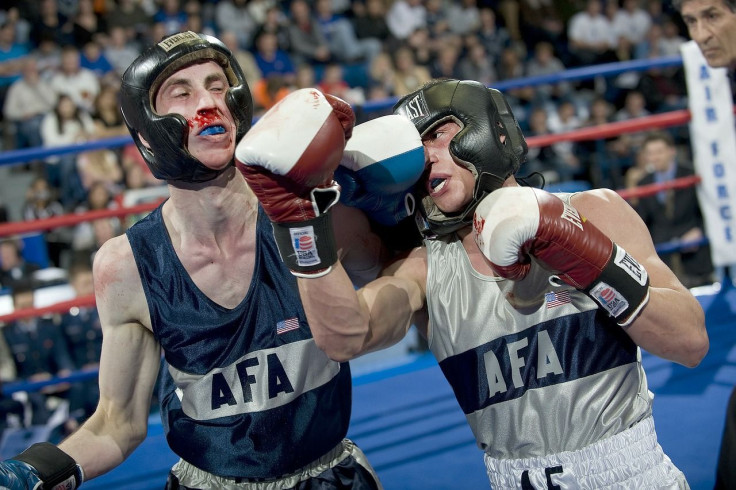How Mixed Martial Arts, Boxing Athletes Deal With Repetitive Head Trauma

Even those without a degree in neuroscience or sports medicine know that getting repeatedly punched in the head isn’t good for your brain. Unfortunately, this is exactly what happens to boxers and mixed martial arts fighters. Michael Finney got into boxing when he was 9, and in 15 years has participated in more than 150 professional fights. He told CBS news of his fears that his years in the ring might have taken a toll on his brain.
“A little bit of memory, stuff like that, you notice,” he said. “It kind of scares you.”
Finney is one of nearly 650 active and retired boxers and MMA fighters participating in a study run by the Cleveland Clinic in Las Vegas which tracks the long-term impact of repetitive head trauma on the athletes. Researchers have completed many studies on concussions in football players, but experts say a lot more knowledge can be gained from athletes in combat sports.
Dr. Charles Bernick, an associate director of the Cleveland Clinic’s Lou Ruvo Center for Brain Health, led the study.
“There are some individuals who have a tremendous amount of exposure to head trauma and they do fine,” Bernick said. “So we’re trying to understand why that is.”
Bernick and his team evaluate the fighters annually, performing brain scans that can be compared year-to-year. The researchers have said genetics may play a role in how fighters’ brains handle trauma, and they’re hoping the research will be used to help improve the safety regulations of combat sports.



























